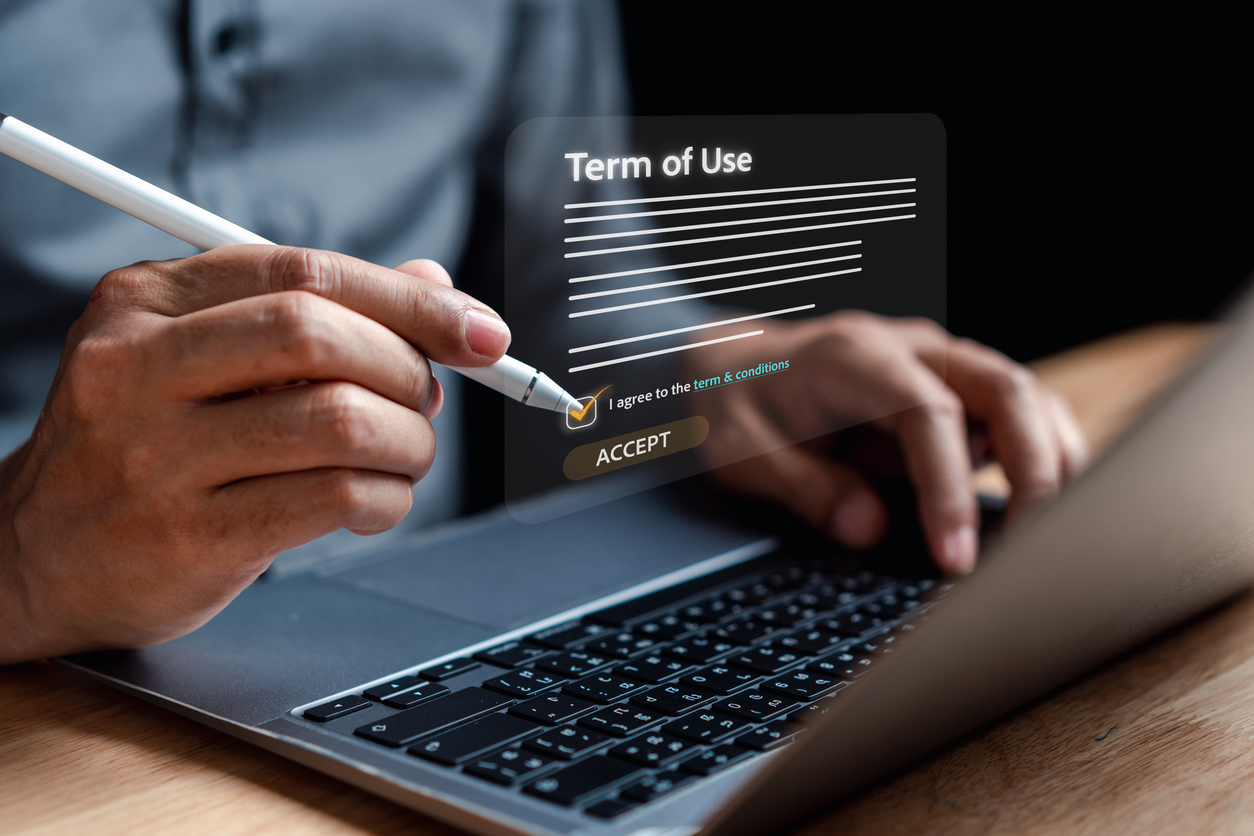How Business Licensing in Nigeria Works for International Traders
Starting a business in Nigeria offers significant opportunities—particularly in wholesale distribution, FMCG supply, and import/export. But before operations can begin, securing the right business licences and permits is essential. Understanding the requirements saves time, reduces compliance risks, and ensures smooth cross-border and local trade.
This guide breaks down how business licensing works in Nigeria, the major permits required by traders, and how Wigmore Trading can support your setup and ongoing operations.
Why Business Licensing Matters in Nigeria
Nigeria’s regulatory environment is designed to safeguard consumer safety, standardise market practices, and curb illegal trade. For suppliers, wholesalers, and import/export companies, proper licensing offers:
-
Legal recognition and operational legitimacy
-
Access to banking, customs, and government services
-
Ability to scale operations and form supplier partnerships
-
Reduced risk of fines, seizures, or delays
Whether you’re trading foodstuffs, chemicals, electronics, or fast-moving consumer goods, licensing is the first step to doing business confidently.
Key Licences Required to Operate in Nigeria
1. Corporate Affairs Commission (CAC) Registration
Every business must be registered with the CAC as:
-
Sole proprietorship
-
Limited Liability Company
-
Incorporated Trustees (for NGOs)
This provides your RC Number—essential for opening a corporate bank account, applying for permits, and registering with tax authorities.
How Wigmore Trading Helps:
We assist investors and foreign companies in understanding local requirements, connecting them with trusted CAC agents, and ensuring documentation aligns with trade needs.
2. Nigeria Export Promotion Council (NEPC) Export Licence
Any company exporting goods from Nigeria requires an NEPC licence.
Common sectors:
-
Agricultural commodities
-
Solid minerals
-
Manufactured goods
-
FMCG for regional trade
Exporters must also comply with product-specific documentation, including NXP forms and government-approved certifications.
3. Import Permits and SONCAP Certification
For companies importing goods into Nigeria, the Standards Organisation of Nigeria (SON) requires:
-
SONCAP Certificate for regulated products
-
Product Certificate (PC) before shipment
-
Conformity Assessment for certain goods like electronics, spare parts, and industrial equipment
Failing to meet SONCAP rules can result in port delays or seizure.
Wigmore Trading can help:
We provide guidance on compliant sourcing, documentation, and logistics through Nigeria’s major ports.
4. NAFDAC Registration (For Food, Cosmetics & Medicines)
If your business involves:
-
Packaged foods
-
Beverages
-
Personal care items
-
Pharmaceuticals
-
Chemicals
…then registration with NAFDAC is mandatory. Product approval includes inspections, lab testing, and ongoing quality compliance.
Wigmore Trading regularly works with suppliers across the FMCG and wellness sectors and can advise on NAFDAC-ready sourcing.
5. Tax Registration (FIRS & State Revenue Services)
All businesses must register for:
-
TIN (Tax Identification Number)
-
VAT registration
-
PAYE for employees
Tax compliance is required for customs documentation, banking, and financial audits.
6. Sector-Specific Licences
Depending on the products you trade, you may also need:
-
Mining Licence (solid minerals)
-
NESREA permits (environmentally sensitive goods)
-
Customs Registration (Importer/Exporter Code)
-
Food Safety Permits for large-scale distribution warehouses
Wigmore Trading’s industry knowledge helps businesses identify which licences apply to their operations.
Steps to Obtaining the Right Business Licences in Nigeria
Step 1: Determine Your Business Activity
Clearly define your sector—import/export, distribution, manufacturing, or logistics.
Step 2: Register With CAC
Secure your business name, documents, and RC number.
Step 3: Obtain Mandatory Trade Licences
NEPC, SONCAP, NAFDAC or any other regulatory approvals based on your product category.
Step 4: Register for Tax
Use your CAC documents to obtain your TIN and VAT certificate.
Step 5: Maintain Compliance
Renew permits annually where necessary, keep accurate records, and stay updated on regulatory changes.
Common Challenges Businesses Face — and How to Overcome Them
Delays in documentation approval
Regulatory bodies may require corrections or additional paperwork.
Solution: Work with experienced compliance professionals or partners like Wigmore Trading.
Complex requirements for imported goods
Certain products need pre-shipment checks or certificates.
Solution: Wigmore Trading assists with sourcing, import planning, and verifying suppliers.
Regulatory changes
Rules for food, chemicals, or electronics can change.
Solution: Stay updated through industry partners actively engaged in Nigerian and regional trade.
How Wigmore Trading Supports Licensing-Ready Operations
For over a decade, Wigmore Trading has helped businesses operate efficiently in Nigeria and across West Africa. We offer:
-
Reliable sourcing of compliant, ready-to-register products
-
Logistics support through Lagos, Apapa, Onne, and Tin Can Island ports
-
Guidance on documentation required for import/export
-
Wholesale distribution for FMCG, commodities, and industrial goods
-
Trusted local connections for licensing and regulatory processes
Whether you’re entering the Nigerian market or expanding operations, Wigmore Trading can help.
Contact Wigmore Trading today to streamline your sourcing, logistics, and compliance.








Comments are closed.